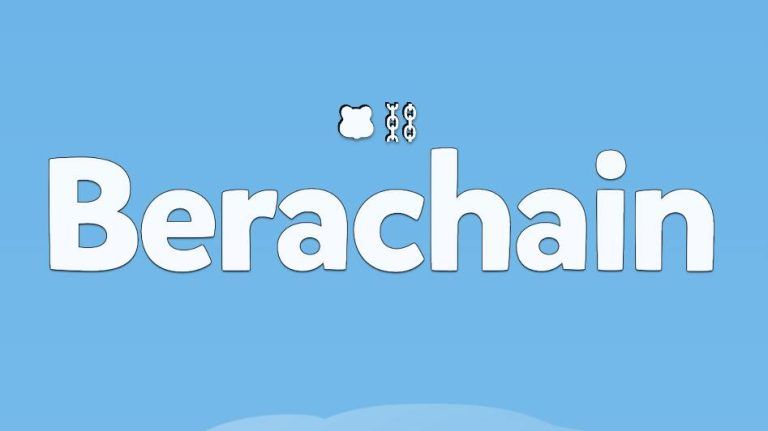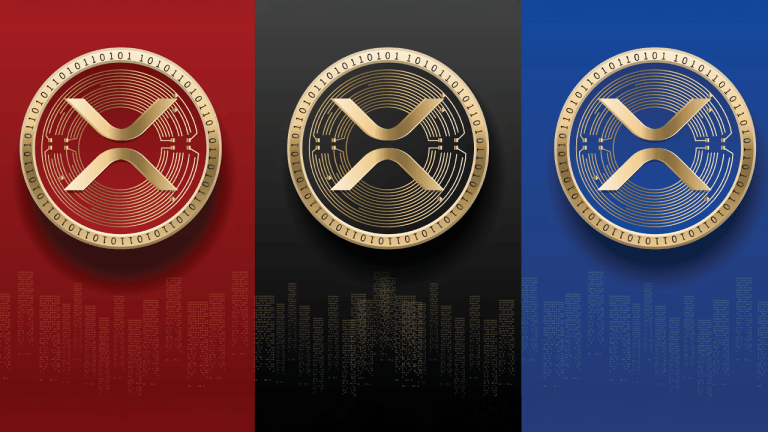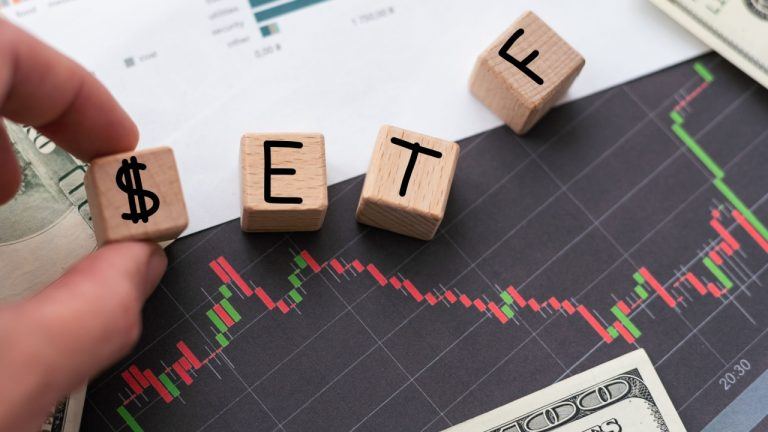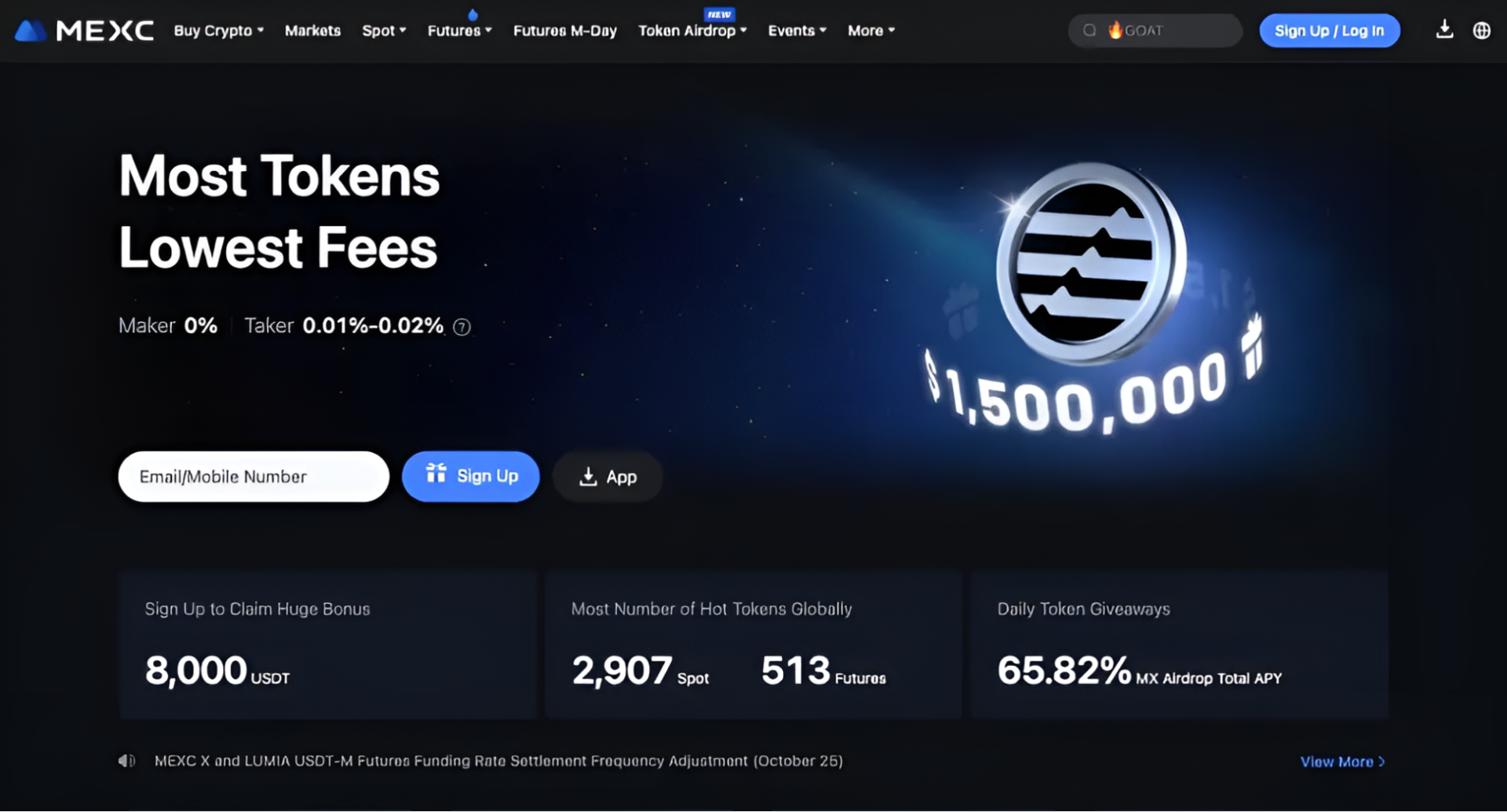Hey everyone. I had an idea for a p2p exchange like Bisq (for UK and EU) but uses Open Banking (OB) to get around many of the shortcomings that Bisq has. I want to get feedback on this.
Preamble: Recently you may (or may not) know that Stripe released its own ramp in the US as has moonpay etc. I’ve used the Moonpay one a few times to buy small amounts of eth for quick tests when I don’t want to use my main wallet. On a $10 transaction I was charged $4 and Stripe also takes a ridiculous cut. Obviously its possible to go through CEXs. But its not easy to integrate a low fee ramp onto a defi website and from a CEX and people dislike CEX’s for a variety of good reasons. It’s incredibly frustrating seeing large fees or complex processes to get tokens into my wallet from fiat.
Bisq has two major flaws in my opinion (besides the fact its in the US - Im from the UK, which I would say is more forward facing on the fintech side).
- There is little control over order sizes.
- Its not super liquid
- The payment methods are dodgy on the fiat side
- Most importantly require proof of transaction which is difficult
I propose an exchange that combines Bisq’s framework with Open banking and some inspiration from Uniswap that should allow (virtually) free P2P, trustless*, flexible ramping.
- A seller puts their ERC20 token in a liquidity pool (smart contract) and signs a hash with the block number, which is communicated to the buyer.
- A buyer enters the amount they wish to buy and the price is determined by an AMM/or gets the spot prices from Uniswap/Binance
- An algorithm figures out everyone they need to pay and generates a QR to pay everyone (You can bank transfer multiple people at the same time in the UK, for free and instantly, using OB, called PISP)
- The hash is in the reference hashed with the buyer address
- An algorithm scans the sellers data to look for the hash and once it is there uses the hash to unlock the contract using some ZK proof (and can generate the address from the signed hash of the seller)/or scans the buyers bank data to ensure the transaction has been made
- Once the contract receives this proof it sends the buyer address the stored token.
This is the simple version. I’ve thought alot about the associated problems including being unable to verify account data etc (to what extent does this rely on a centralized entity etc).
The conclusion I’ve reached is that this should feels completely seamless for the buyer (thanks to Open Banking), i.e. scanning 1 QR code - I believe in interoperability not competition between good CeFi innovations and DeFi. It is completely non custodial at all stages.
There is actually no cost in this entire process except that of transferring the tokens to sell to a contract.
I think the concept of Liquidity Providers earning some fee like 0.05% as on Uniswap can fix potential liquidity problems.
Grateful for any feedback!
[link] [comments]

You can get bonuses upto $100 FREE BONUS when you:
💰 Install these recommended apps:
💲 SocialGood - 100% Crypto Back on Everyday Shopping
💲 xPortal - The DeFi For The Next Billion
💲 CryptoTab Browser - Lightweight, fast, and ready to mine!
💰 Register on these recommended exchanges:
🟡 Binance🟡 Bitfinex🟡 Bitmart🟡 Bittrex🟡 Bitget
🟡 CoinEx🟡 Crypto.com🟡 Gate.io🟡 Huobi🟡 Kucoin.




















Comments